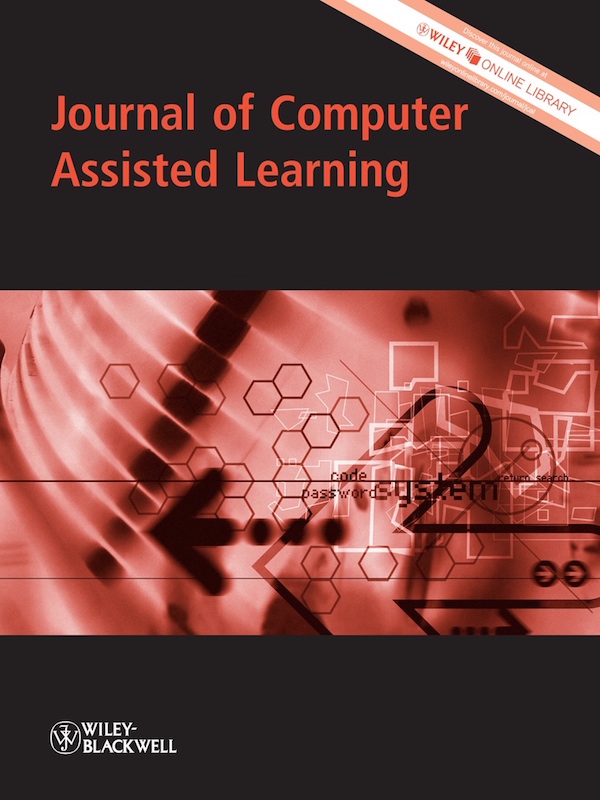
Two Configurations for Accessing Classroom Computers: Differential Impact on Students' Critical Reflections and Their Empowerment
ARTICLE
T Solhaug
Journal of Computer Assisted Learning Volume 25, Number 5, ISSN 1365-2729 Publisher: Wiley
Abstract
The context of this article is the new technological environment and the struggle to use meaningful teaching practices in Norwegian schools. Students' critical reflections in two different technological learning environments in six upper secondary schools are compared. Three of these schools offer Internet-connected computers in special computer rooms outside ordinary classrooms, while the three other schools offer laptops to every student in class with a wireless connection to the Internet. The study relies on a quasi-experimental design. Data come from 719 student responses to a survey questionnaire and are analysed using multivariate regression. The findings are that critical reflection is enhanced in classrooms with laptops, controlling for students' motivation, self-efficacy, gender, grades and cultural background. On this basis, computers could have a significant potential for enhancing reflection and nourishing classroom discourse, knowledge development, and student empowerment. Motivation and self-efficacy have the strongest impact, while cultural capital has a minor effect on critical thinking. Students' grades seem to have no predictive power with respect to critical reflection. The results are discussed in relation to theories of "Bildung", empowerment and democracy. Various implications for teaching are discussed.
Citation
Solhaug, T. (2009). Two Configurations for Accessing Classroom Computers: Differential Impact on Students' Critical Reflections and Their Empowerment. Journal of Computer Assisted Learning, 25(5), 411-422. Wiley. Retrieved August 10, 2024 from https://www.learntechlib.org/p/103961/.
 This record was imported from
ERIC on April 19, 2013. [Original Record]
This record was imported from
ERIC on April 19, 2013. [Original Record]
ERIC is sponsored by the Institute of Education Sciences (IES) of the U.S. Department of Education.
Copyright for this record is held by the content creator. For more details see ERIC's copyright policy.
Keywords
Cited By
View References & Citations Map-
Comparing BYOD and One-to-One Laptop Programs in Secondary School Classrooms: A Review of the Literature
Robin Kay & Derrick Schellenberg, UOIT, Canada
Society for Information Technology & Teacher Education International Conference 2019 (Mar 18, 2019) pp. 1862–1866
These links are based on references which have been extracted automatically and may have some errors. If you see a mistake, please contact info@learntechlib.org.
